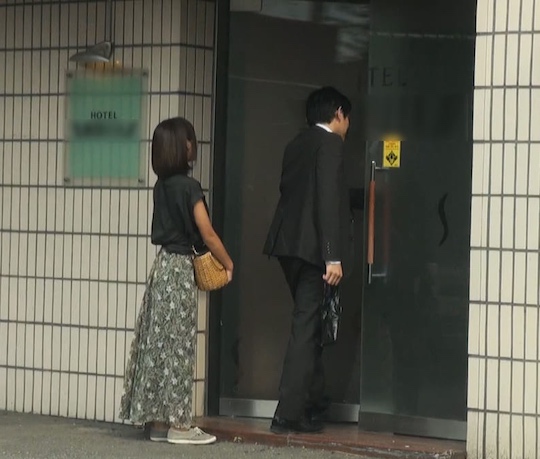Love hotel visits rejected as insufficient evidence of adultery
One of the strange things about the legal system in Japan is that though the rules on alimony and divorce settlements are far less strict than elsewhere — especially if no children are involved (but joint custody also doesn’t exist) — there are some surprising things related to adultery. In short, if a spouse has an affair, the other spouse can sue their lover.
There are various conditions connected to this — largely regarding if the spouse’s adulterous lover knew of their marital status — but it’s common for the aggrieved party to seek financial damages. Since alimony per se doesn’t exist, such lawsuits are often a way of getting money as part of a divorce.
This is why there’s a health cottage industry of private detective agencies specializing in following spouses and trying to get proof of an affair.

But one of the prime examples of such evidence — photos of an adulterous spouse entering a love hotel with a partner — may not actually be admissible.
A court in Fukuoka has rejected love hotel visits as insufficient evidence of adultery in a case that may prove a precedent, as reported recently by Bengo4.
According to the judgment in December 2020, the married man had taken trips with a single woman and stayed together at hotels, and also used love hotels on several occasions. The man was married with a child; the woman had three children but was a widow.
Two years after meeting the woman, the man divorced his wife of 27 years. When the latter found out about the alleged affair, she tried to sue the woman for damages, as is common. She sought 5 million yen.
The woman freely admitted to the trips and the love hotel visits. However, she asserted that her relationship with the man was not adulterous but rather a “master and student” relationship for learning about addiction. The trips, she claimed, were to participate in lectures and seminars, while the love hotels were used as the cheapest available accommodation.
Bizarrely, even their phone message exchanges on LINE that were produced as evidence in court and which would appear to show evidence of adultery were not accepted as proof enough, because, the defense argued, other interpretations were possible of the messages.
The court chose to accept these arguments in a judgment that has surprised both members of the public and lawyers.















1 Comment
Remember in japan
adultery IS culture